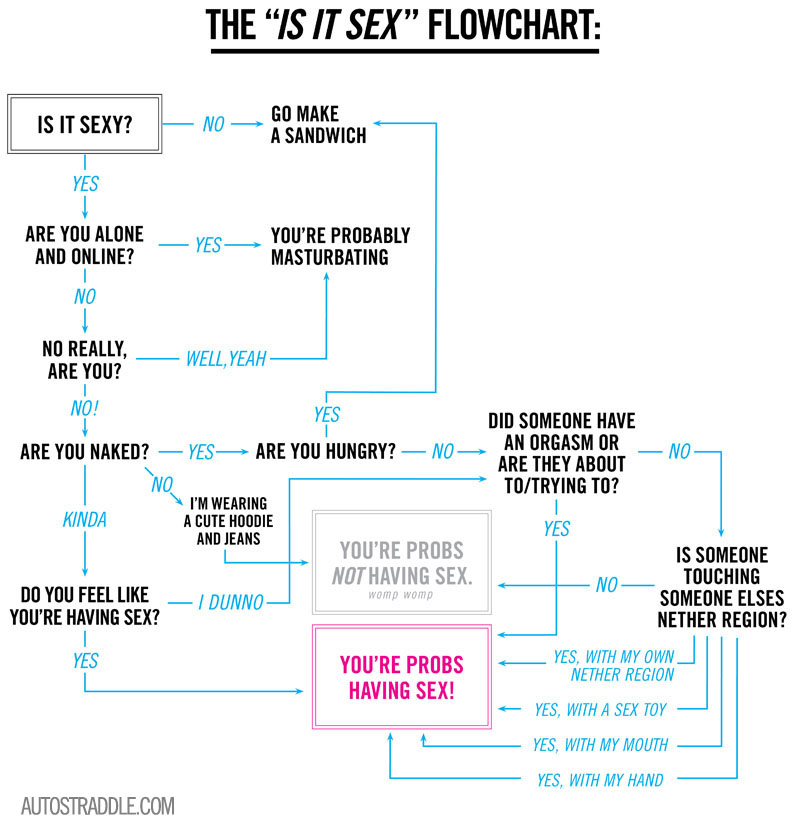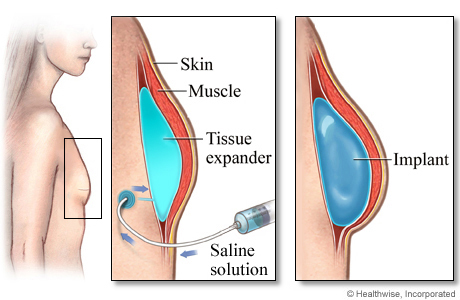Question: I've never used an adult toy before, but lately, I've found myself wanting to try one. I mentioned the idea to my husband, and he got pretty offended by the suggestion. I asked him, "Why?" and he just told me that I'm married so I shouldn't need any toys. What should I do?
I posed this question to readers and Facebook followers, and received some great responses!
Susan questioned the husband's reasoning, writing, “It all comes down to why he 'doesn't like the idea,' yes? My best advice would be for them to go together to one of the classes that a local enlightened toy store holds and open up the discussion. If his unwillingness to 'allow' his wife to experiment with what feels good to her is because he's closed-minded, I'm not sure what to say.”
And, Teacher Girl suggested the following:
I would just buy one anyway and start using it on your own when he isn't around to learn what you like. Then, when you know and you are comfortable, invite him to watch you use the toy one day. I am sure he will be so turned on that he will learn that toys are not the enemy!
How would I tackle the situation?
1. Decide if you’re interested in using a toy by yourself or with your partner. If it’s for your own personal use, follow Teacher Girl’s advice. You can determine if and how you like the toy and if and when to invite your partner into the mix.
2. Communicate openly with your husband about why you want to try a toy and what his concerns are. In a recent study by Indiana University, research indicated that approximately half of those men and women surveyed had used a vibrator with their partner. It’s perfectly normal to want to experiment with sex toys, and it’s perfectly normal not to. (As with all intimate communication, broach this discussion at a time when both of you aren’t feeling rushed and there’s no expectation of sex.)
3. Figure out what your husband’s concerns are and if it’s possible to assuage his fears. At times, couples just need to agree to disagree. Your first toy might end up being something that you use discreetly by yourself. Or, there can be a meeting of the…let’s go with minds. Impress upon your husband that toys aren’t a substitute for sex or intimacy. Your interest in a vibrator doesn’t mean that you don’t want to have sex or that he doesn’t excite you. Rather, you hope that using a toy will make your sex life even better by increasing your pleasure and his!
4. Pick the right toy for you. Check out good recommendations for beginners. If you’ll be using a toy with your husband, find a toy that isn’t intimidating or phallic looking like the Lelo Siri. Then introduce it for a few minutes into your bedroom routine. You can also purchase a toy that’s intended for couple’s use like the Lelo Tor or Fun Factory Smart Balls. Another option is Teacher Girl’s idea to invite your husband to watch you pleasure yourself. If you're not sure what to buy or how to use the toys, follow Susan's advice and check out a sex-positive boutique or website!
I hope that with some communication and creativity, you and your husband figure out that you are both fans of sex toys in the bedroom. Keep me posted!
So, readers, what suggestions do you have? Did I miss anything?


